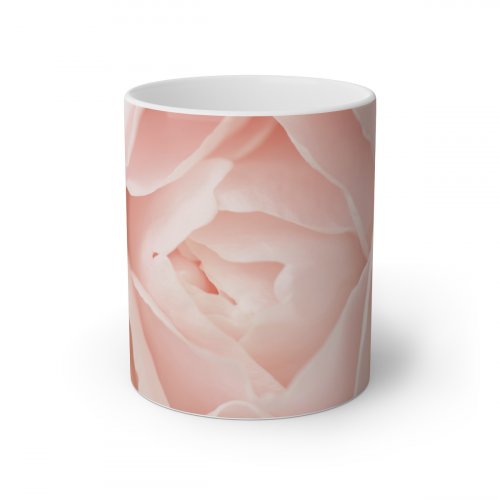The rich tapestry of human history is often woven with the delicate threads of symbolism and tradition. One such fascinating journey takes us into the ancestral cult of flowers, exploring the deep meanings associated with these blossoms across various cultures and epochs. Among the myriad flowers that have captured the human imagination, the Mayan Nicte and the Rose stand out as emblematic figures in the ancestral tapestry of flora.
In Mayan culture, the Nicte, a white flower with an intoxicating scent, intertwines with the legend of Princess Nicte. This myth serves as an allegory of grace and beauty triumphing over the cruelty of the world. The white flower becomes a symbol of innocence, purity, and the transient nature of earthly pleasures.
Flowers in Aztec Culture
The Aztecs, too, attributed profound meanings to flowers, with Xochiquetzal or Ichpuchtli reigning as the goddess of flowers. She presided over fertility, fecundity, and sensuality, embodying both the purity of childhood games and the soil’s fertility. Flowers, in Aztec belief, encapsulated the spectrum of emotions associated with love, from innocence to carnal pleasure.
Biblical Symbolism and Christian Traditions
The association of flowers with deeper meanings extends to biblical symbolism. In Psalm 103:15-16, the ephemeral nature of man is likened to the flower of the field. This biblical metaphor echoes in the Christian tradition, where flowers, especially roses, symbolize God’s goodness and grace. Placing flowers on graves, a custom dating back to early Christian communities, signifies the transience of life and the hope for eternal joy.
The Rose’s Journey through History
The Rose, queen of flowers, embarks on a historical journey that spans cultures and continents. From Sumeria to classical Greece, China to Egypt, the Rose weaves itself into diverse mythologies, often symbolizing love that conquers death, divine grace, and rebirth.
Roses in Mythology
Myths surrounding the birth of the Rose find resonance in different cultures. In the Mediterranean, the love between Venus and Adonis, resulting in the birth of the Rose, symbolizes love triumphing over mortality. Another, less known, myth suggests Mars’s birth from a Rose, emphasizing the Rose’s connection to war as a symbol of loyalty and honor.
The Rose in Christian Symbolism
The Middle Ages witness the Rose’s transformation into a symbol of courtly love in works like “The Roman de la Rose.” It becomes a multifaceted emblem, representing both spiritual and erotic love. The Mystical Rose, a symbol of the perfectibility of the soul, appears in Christian symbolism, connecting to the Passion of Christ and Dante’s journey through the Mystic Rose.
Rose in Esoteric Traditions
The Rose maintains its significance in esoteric traditions, from alchemical symbolism in the Renaissance to the Rosicrucian order. The Rose and Cross emblem symbolizes the Rosicrucians’ spiritual conception, and the Rose’s association with secrecy continues through Christian Middle Ages and beyond.
The ancestral cult of flowers, particularly the Rose, weaves a tapestry that spans cultures, religions, and epochs. From mythological tales to Christian symbolism and esoteric traditions, the Rose stands as a timeless symbol of love, grace, and the eternal quest for the divine. As petals unfold, the Rose continues to captivate hearts, embodying the essence of human experience through the ages.




